
In Conversation with Dawn Rowe of Girl Vow
March 9, 2021
Describe Girl Vow in a few words?
A gender-focused intensive mentoring program for girls/LGBTQ of color impacted by foster care, juvenile justice, and poverty.
What made you take the leap to start your own business?
I wanted to create a program for girls like me since the age of 16 after a suicide attempt. I completed college and went into academia, but Girl Vow haunted me. I grappled with the business idea for a while until the uprisings in 2015 of Sandra Bland's death. At the time of her death, I decided to act. I couldn't sit by anymore and watch, knowing I, too, had similar experiences. Although there were other reasons, Sandra Bland was the ultimate catalyst. I wanted to answer the call for young people who, like me, were counted out. I began to meet youth who were drug-addicted, running away from abusive households, living in foster care, bi-polar schizophrenic, or sanctioned by state violence. Girl Vow is a calling to help young people become more progressive and move beyond institutional trauma.
What was your background prior to starting your own business?
I was a couch surfing high school dropout suffering from parental abandonment, suicidal ideation, and self-destruction. My life was limited at the prophecy of incarceration.
Terribly, I understood why and how it made sense. I was smart but not said so. I never had an alternative to the thought of incarceration or premature death. However, I did dream. It wasn't until after I graduated from high school and attended a community college I learned that I could be more. I was at the top of my class. I excelled in school, and it was easy. My first job in college was Harlem Children's Zone under Shawn Dove's supervision. During and after my college graduation, I worked in various nonprofit sectors. I taught myself what others did not teach me and learned everything I could. In the foster care system, I worked with crime victims and volunteered in a juvenile detention aftercare program, where I became rooted in my work. The earlier experiences gave me the framework for the work I do today. I am now a professor at John Jay College of Criminal Justice with two master's degrees and a doctoral candidate.
Did you always know you wanted to be an entrepreneur?
I wanted to be an entrepreneur for some time. Although, I did not get the bug to become a social entrepreneur until I acquired the previously described work experience. I had to learn the basics, which took a while.
Take us back to when you first launched your business, what was your marketing strategy to get the word out and did it go as planned?
I used a traditional approach. I walked up to people unknown to me and introduced my idea. I knocked on doors, walked city blocks, and volunteered. I shared my story with transparency. I researched. I sat in the Starbucks from open to close, and it is where I met my first funder. I carried loads of books everywhere I went to study.
We always learn the most from our mistakes, share a time with us that you made a mistake or had a challenging time in business and what you learned from it?
There is no greater challenge than present-day with COVID-19. Our moments are unpredictable for us as an organization and for our participants. Watching and helping them fight against a national disaster is devastating. How do you beat poverty? Helping young people with employment is critical. Many of our youth come to us with a social-emotional deficit. COVID-19 has erased their gains. It is difficult, but we have to teach them how to deal with the unexpected, even if we haven't learned how to cope with ourselves.
What is the accomplishment you are the most proud of to date?
I am proud of Girl Vow. I have been able to establish a learning environment for women and girls to begin a career trajectory, serving more than 3,000 participants, and allowing myself to walk in my destiny while being a Black girl navigating this thing called life. I have interrupted suicide attempts, visited psych wards, jails, restored families, introduced individuals to crisis counseling and higher education while helping them find second chances. My work has even saved me.
When hiring for your team, what is your go-to interview question? Please share any hiring tips you can share from your experience?
I like to get to know the person. I ask questions like, what is your hard-knock story? Honesty is extremely important. I am more interested in someone's commitment to our work who can identify with our population and be a role model than their pedigree. I can train anyone who is committed to learning.
How has your business or industry been impacted by the COVID-19 pandemic?
Since COVID-19, we have quickly pivoted our work to additionally serve the needs brought on by the pandemic and economic crisis. We developed virtual workshops, information packets, online resources, and webinars for our participants/community to access. We have also focused our grant funds towards financial assistance by providing more than $50,000 in stipends. We have provided crisis support, food/coat drives, and housing referrals.
Unfortunately, we have lost some of our typically expected funding due to the pandemic. We are very fortunate to have made it through 2020 while still serving our full capacity participants.
What's next for your business? What can we expect to see over the next few years?
We will continue to serve our community and pivot as needed by establishing additional programming to suit our participants. We will direct our work on centering marginalized people who have been divested and grow our platform.
What is the biggest lesson you have learned in 2020?
When I think about the impact of COVID-19, one of the main tenets of leadership is to check on staff. It is vital that we address employees' mental health in case staff need recourse. In critical times such as this, we need to make sure that we take care of one another so that work does not only become the sole purpose, but it also becomes a sanctuary for all. I am working on a wellness plan, and it is overdue. I am still learning.
What do you know now that you wish you knew when you were first starting your business?
I wish I had a nonprofit mentor. The nonprofit field is very challenging, with many nuances that have been meaningful learning lessons I will never forget.
Do you believe in work/life balance? What are some of your best tips?
I do believe in work-life balance. Unfortunately, I am out of balance and working to establish a change. I started a project that will benefit the staff and me and incorporate a healing modality to resolve secondary and all forms of trauma.
What's something our audience would be surprised to learn about you?
People would be shocked to learn music is my first love. I won competitions growing up. I was asked to sing on an album and I never pursued.
What are your top 3 tips to stay productive each day?
We have to unplug from social media. I have started turning off my phone with automatic vacation reply messages, and it could be just for a day. I delegate where I can and spend time with loved ones more than I ever have.
What does being an Entreprenista mean to you?
To be an Entreprenista is the ownership of self, capturing emotional wellness, with the ability to establish a legacy where others can dream and survive by watching me walk in my purpose. I think about being the example for the girl who doesn't know who she can be until representation shows up. It is the understanding that my purpose is greater than me and connected to a deeper power. It's me challenging myself and letting go of the things that no longer serve me.


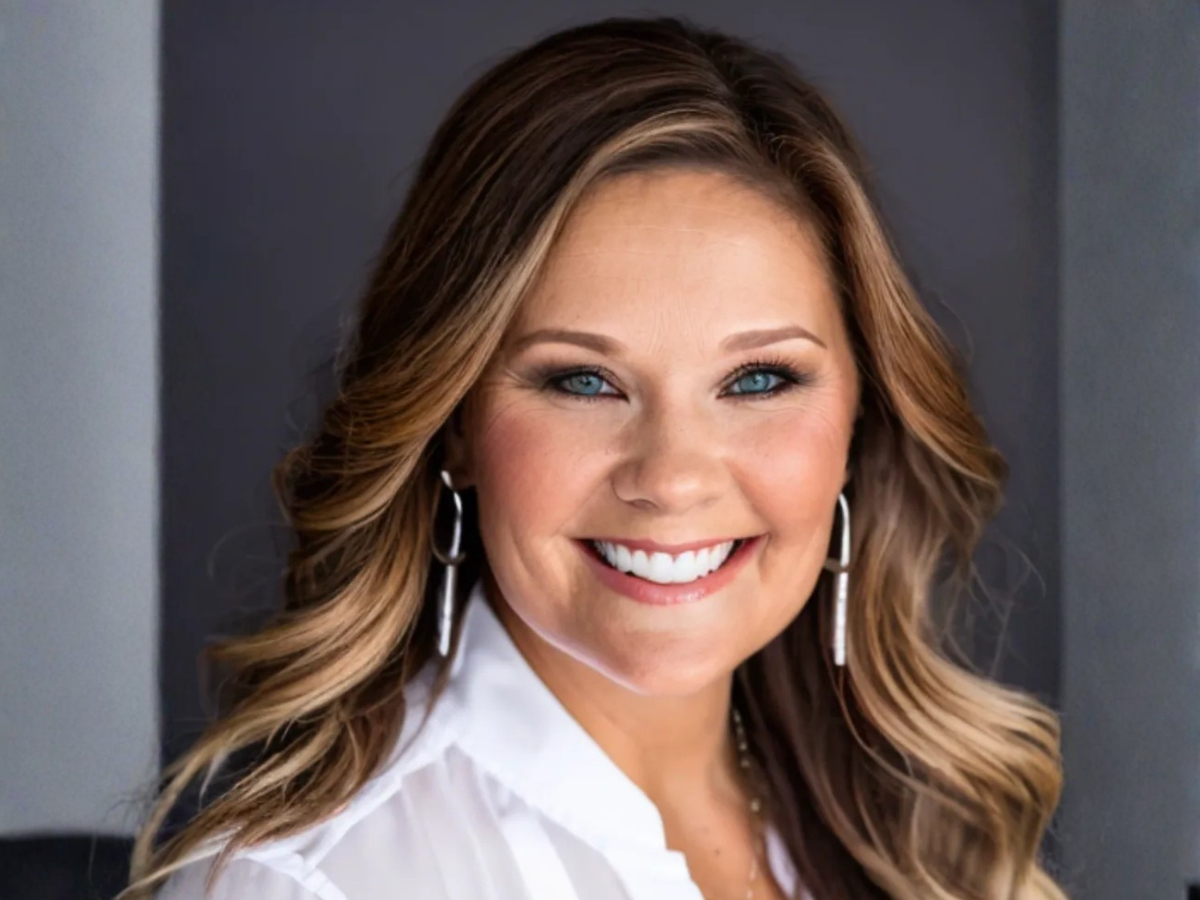
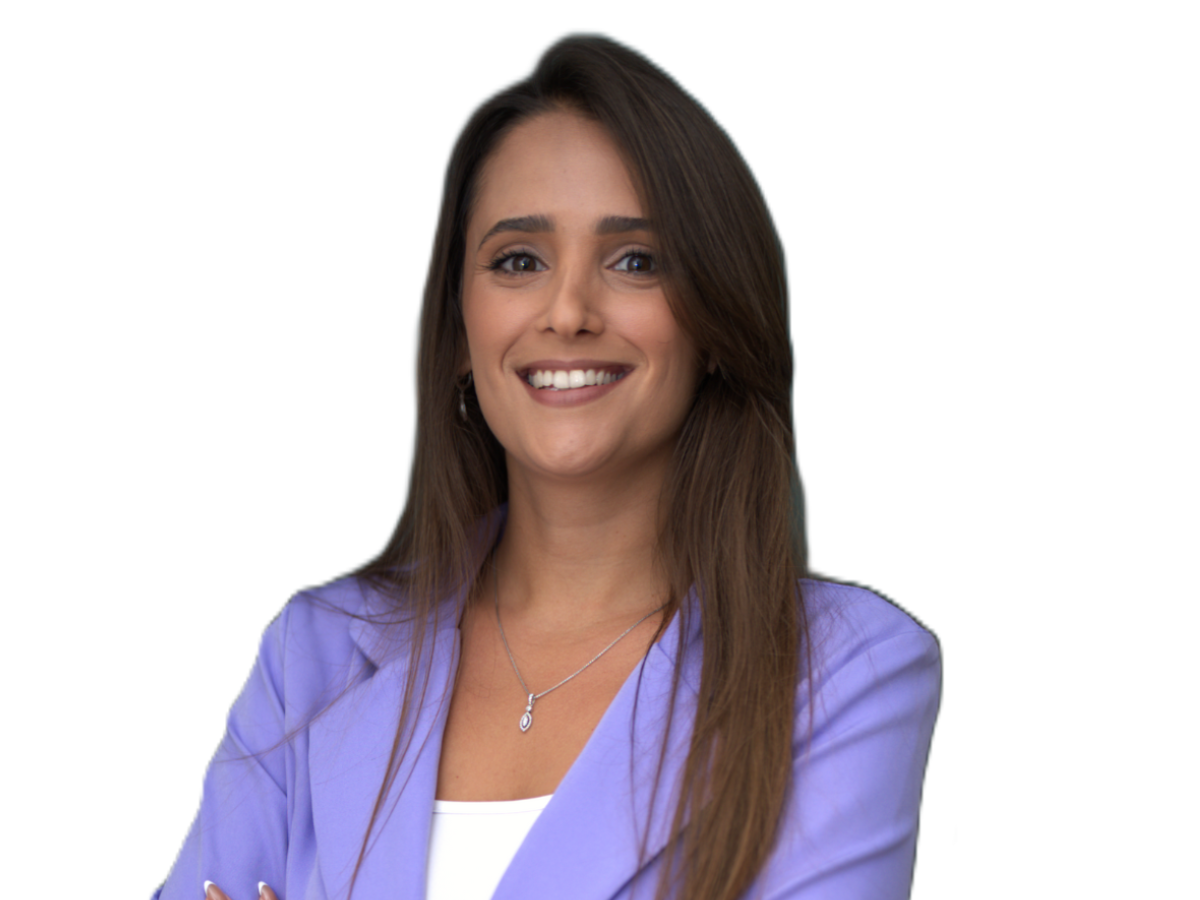
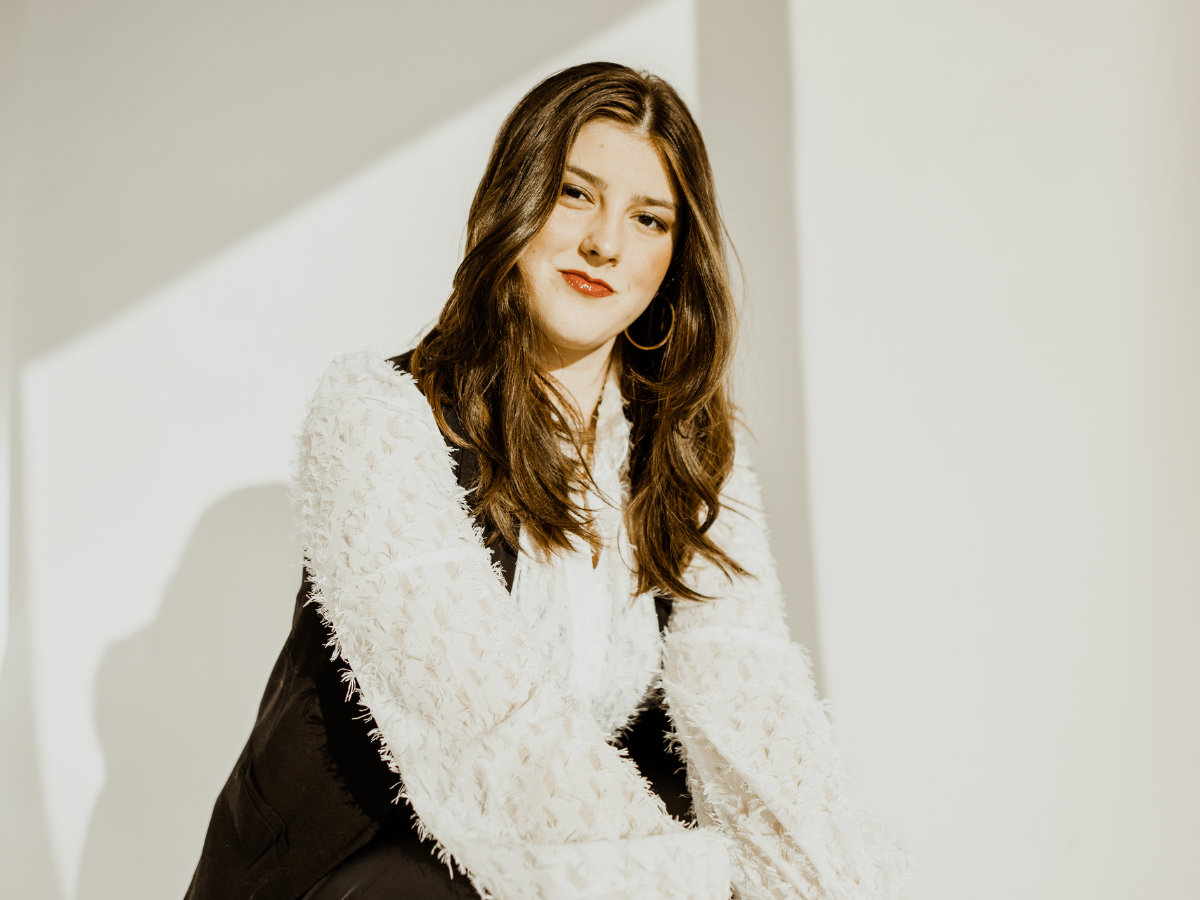


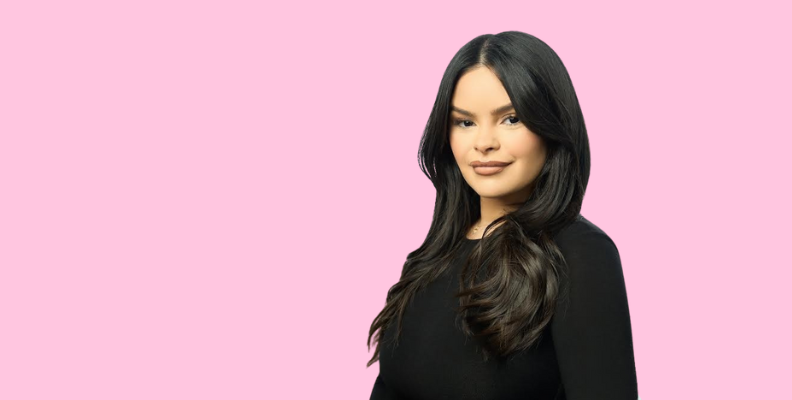
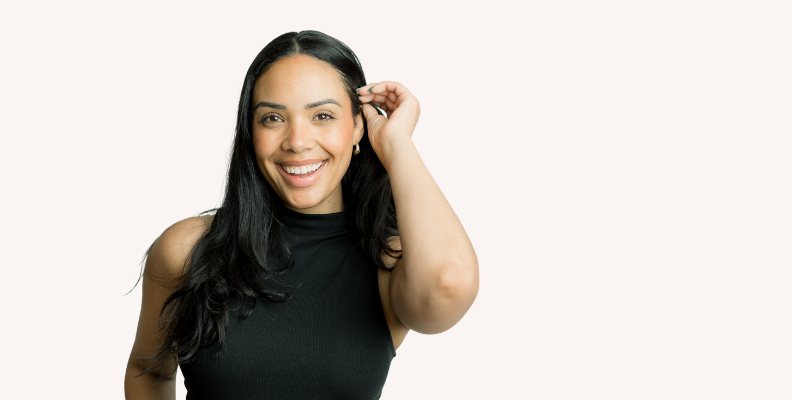
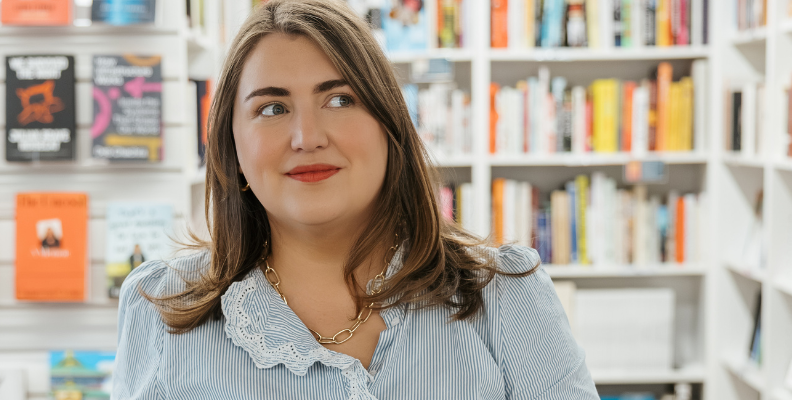




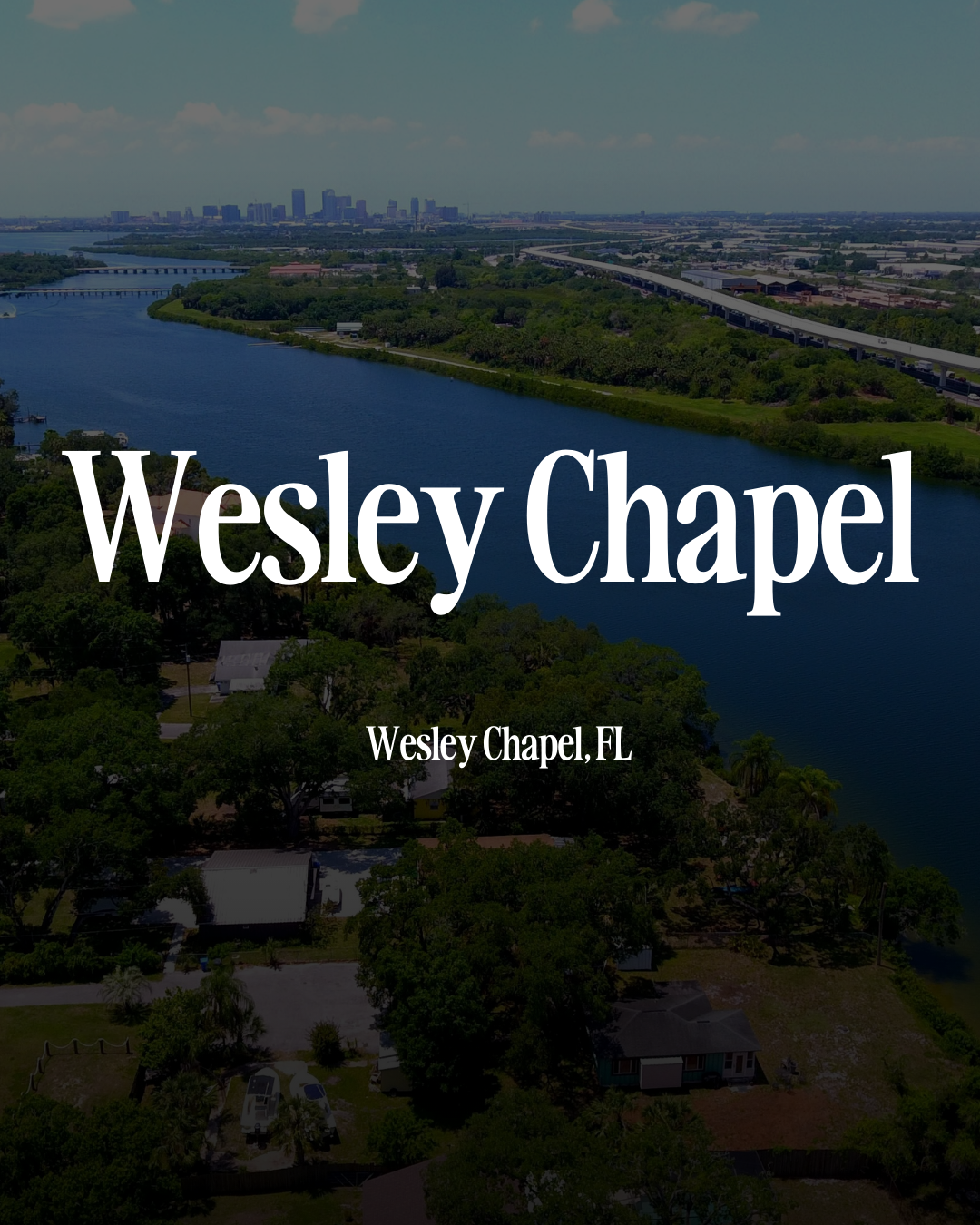
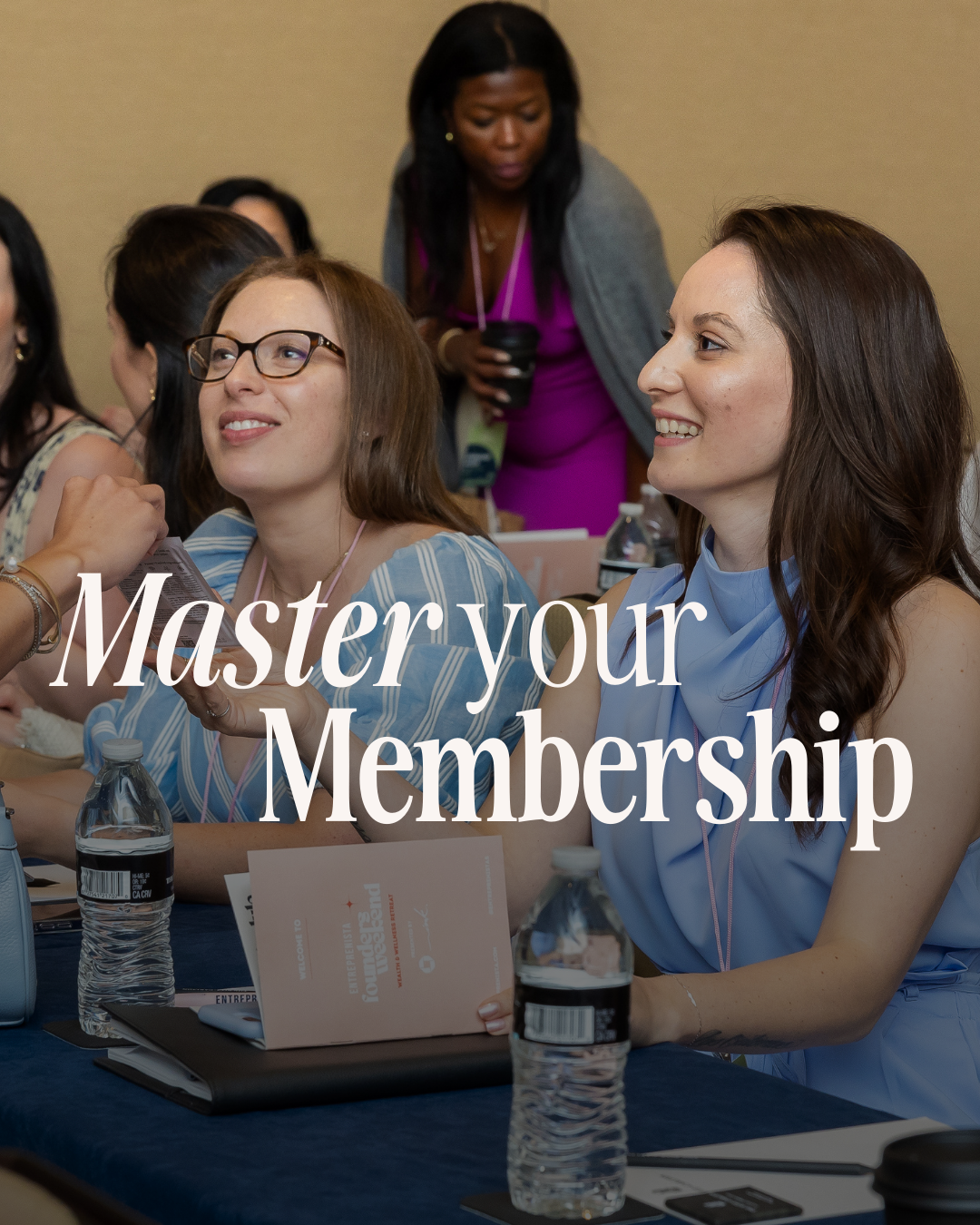
.png)



.avif)

